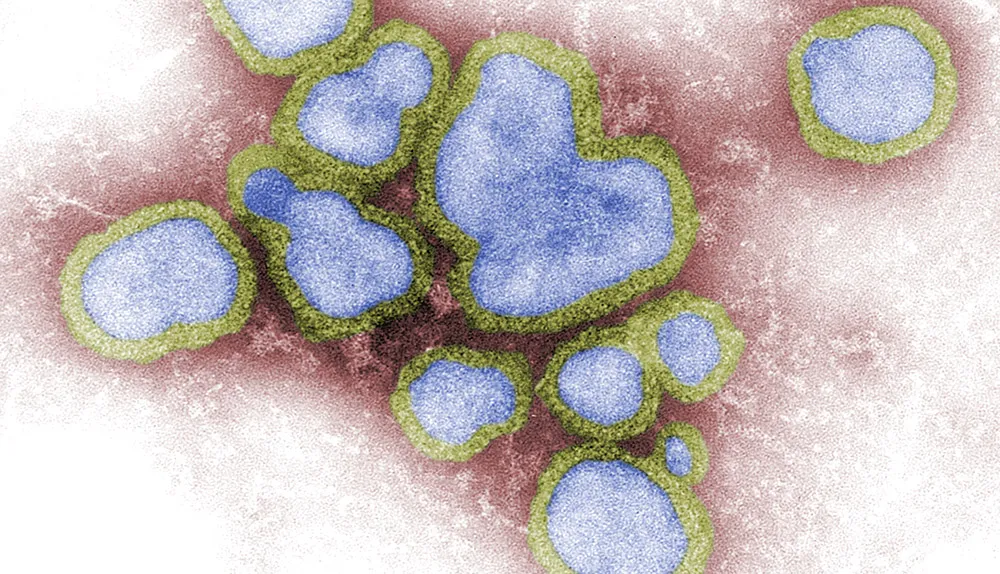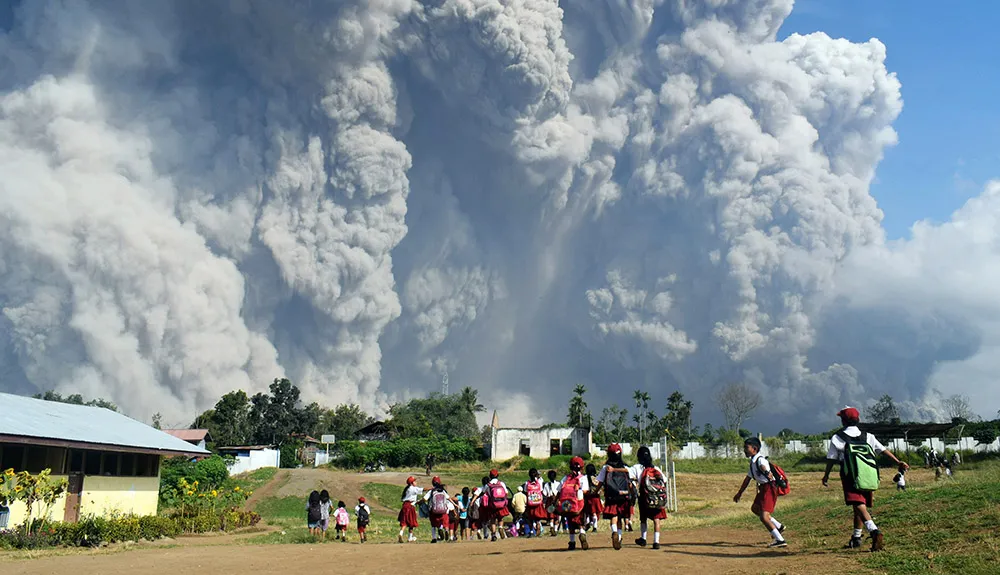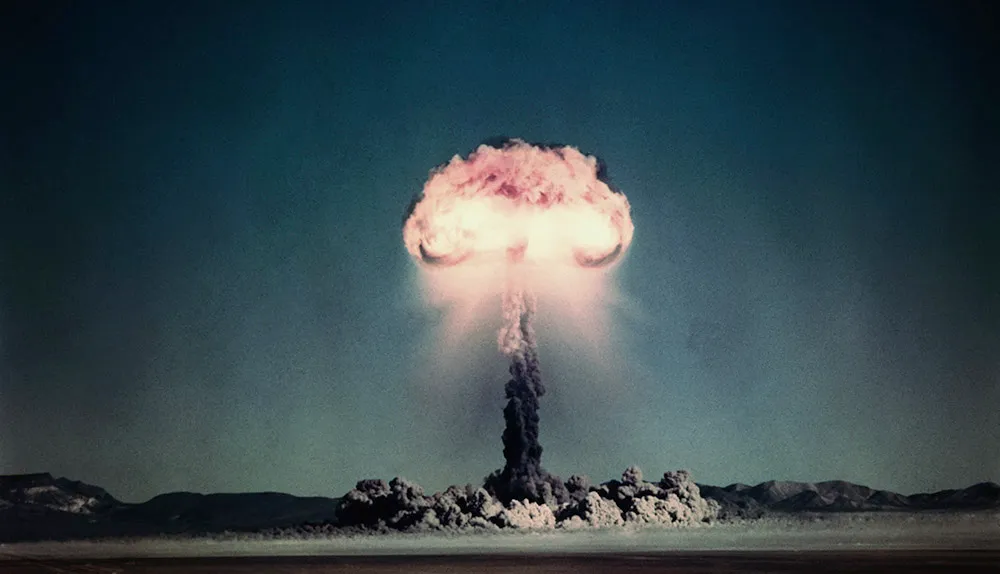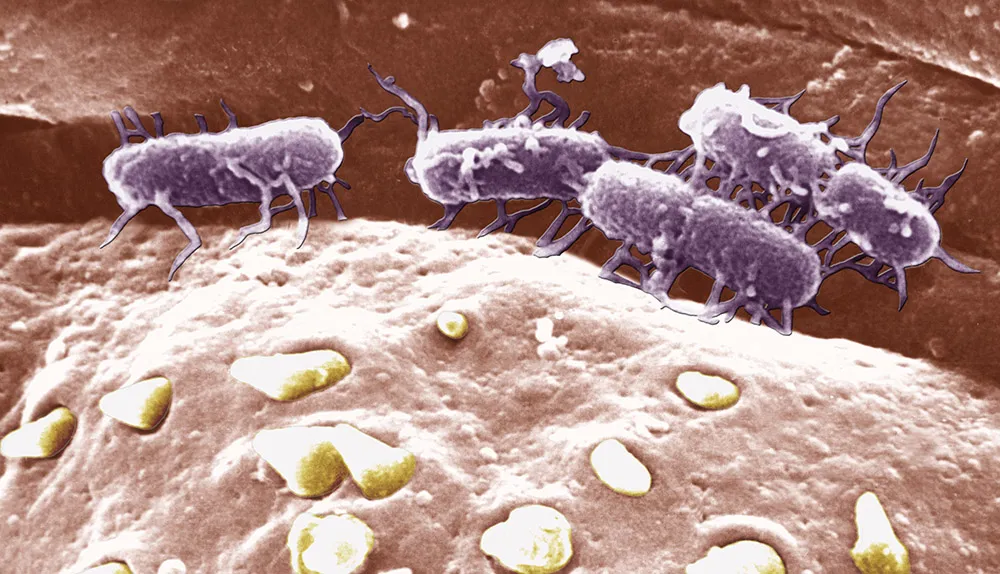1
Synthetic virus
With millions of deaths chalked up to natural viruses like smallpox, influenza, coronavirus, HIV and Ebola, it’s unsurprising that experts see an engineered virus as one of the key existential threats to humans.
The first synthetic virus was created in 2002, and with the genomes of over 3,000 viruses available online, it may only be a matter of time until one is deliberately released.

Read more about extinction:
- How human extinction would change the Earth
- After humanity: A timeline of the Earth after we go extinct
- If the dinosaurs didn't go extinct, could they have developed a civilised society?
2
Supervolcano eruption
The eruption of a super volcano, like the one below Yellowstone, could pump out so much ash that it would block out the Sun, sending the Earth into an ice age and driving huge numbers of species extinct along the way.
Without the Sun’s energy driving almost every natural process, humans have little hope of holding on.

3
Artificial Intelligence
Experts estimate that we’ll arrive at an AI as smart as a human within the next few decades.
But it won’t stop there: soon the AI will be far smarter, and we’ll no more be able to comprehend its thinking than a dog can comprehend ours.
The likely result? Immortality, if we can keep our digital servants focused on the right goals. Or extinction, if we can’t.

4
Nuclear apocalypse
The number of nuclear-armed countries is rising. Any significant exchange of nuclear weapons would have a similar effect to the eruption of a supervolcano, with ash blocking out the Sun.
A nuclear winter, combined with the radioactive fallout, would result in a world where, as former Soviet leader Nikita Khrushchev once said, “the living will envy the dead”.

5
Antibiotic resistance
The discovery of penicillin in 1928 changed the world: an infection was no longer a death sentence but a minor inconvenience.
But the overprescription of antibiotics, combined with the meat industry’s fondness for routine antibiotic injections into healthy animals, has bred an increasing number of superbugs that are immune to our strongest medicines.
Antibiotic resistance is rightly scaring many of today's scientists. Without scaling back our use or discovering new sources of the drugs, we’ll be on a fast road back to the bad old days.

